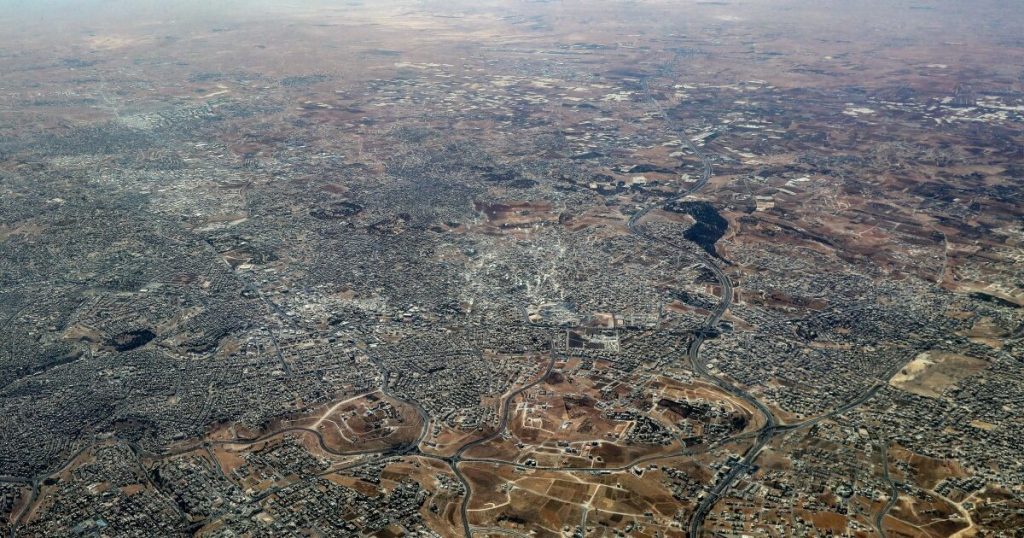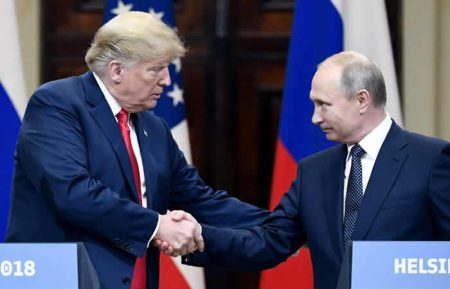The escalating conflict between Israel and Hamas has ignited a complex and evolving response from the European Union, marked by internal divisions and a gradual shift towards a more critical stance against Israel’s actions in Gaza. While initially hesitant to take decisive action, the EU is now facing increasing pressure to address the humanitarian crisis and potential human rights violations unfolding in the region. The bloc’s diverse membership, encompassing both staunch supporters of Israel and those more sympathetic to the Palestinian cause, has made formulating a unified response challenging. However, recent developments suggest a potential turning point in the EU’s approach, with high-ranking officials expressing stronger condemnation of Israeli policies and individual member states taking independent action.
European Commission President Ursula von der Leyen publicly called on Israel to reconsider its plan to extend military control over Gaza, emphasizing the urgent need for a ceasefire and unimpeded humanitarian access. This call underscores the growing international concern over the escalating violence and the deteriorating humanitarian situation in Gaza, where access to essential supplies and medical care has been severely restricted. Von der Leyen’s statement also reflects the increasing pressure on the EU to take a more assertive role in mediating the conflict and protecting civilian populations.
The EU’s internal struggle to find common ground on the Israeli-Palestinian conflict has been evident in its delayed and fragmented response. While the bloc has previously condemned Israel’s actions and considered punitive measures, these have been largely symbolic or stalled due to internal disagreements. One such measure involved suspending Israel’s access to EU funding for tech start-ups, a proposal stemming from Israel’s alleged breach of a cooperation deal on human rights. However, this proposal has yet to gain the unanimous approval of member states, highlighting the deep divisions within the EU on how to approach the conflict.
The EU’s efforts to increase aid access to Gaza have also faced significant obstacles, with implementation of agreed-upon measures proving challenging. The complex political landscape and ongoing hostilities have hampered the delivery of essential aid to the besieged population, exacerbating the humanitarian crisis. The EU’s limited success in facilitating aid delivery underscores the need for a more robust and coordinated international effort to address the urgent needs of those affected by the conflict.
Recent developments indicate a potential shift in the EU’s stance, with Germany announcing a halt on military equipment exports to Israel that could be used in Gaza. This move represents a significant departure from Germany’s traditional support for Israel and signals a growing unease within the EU over the potential for further escalation and human rights abuses. Belgium’s summoning of the Israeli ambassador to express disapproval of Israel’s plans to take military control of Gaza further underscores the growing criticism of Israel’s actions within the EU.
Furthermore, comments by European Commission Vice President Teresa Ribera comparing Israel’s approach in Gaza to genocide have added to the growing chorus of concern within the EU. While these comments were made in a personal capacity, they reflect a growing awareness of the severity of the situation in Gaza and the potential for widespread human rights violations. The EU’s increasing willingness to publicly criticize Israel’s actions suggests a potential turning point in its approach to the conflict, moving towards a more assertive role in promoting a peaceful resolution and protecting civilian populations. This evolving stance could have significant implications for the future of EU-Israel relations and the broader international response to the ongoing crisis. The EU’s internal debate and its evolving response will undoubtedly play a critical role in shaping the trajectory of the conflict and the prospects for peace in the region.














